Senior Writer: Rohit Rajpal
Effective communication is crucial for the success of any organization, irrespective of its size. Small businesses, in particular, need to streamline their communication processes to compete in a digitally driven world.
This is where unified communication platforms come into play, offering a comprehensive solution that integrates various communication tools into a unified system. In fact, the global unified communication market size is expected to reach $85.77 billion in 2030. In this blog post, we will delve into what Unified Communication Platforms are, explore their benefits for small businesses, and provide insights on how to choose the right one for your organization.

"When choosing a unified communication platform for your small business, prioritize scalability and consider your long-term growth. Additionally, invest in platforms that offer robust security features to safeguard your data and ensure compliance with industry regulations. Finally, don't overlook the importance of user-friendliness, as a platform that is easy for your team to adopt will lead to faster productivity gains"
What is a Unified Communication Platform?
Unified Communication (UC) refers to the integration of various communication tools and channels, such as voice, video, chat, email, and more, into a single platform. A unified communication platform serves as a centralized hub that connects employees, customers, and partners, enabling seamless and efficient communication and collaboration.
Top 10 Unified Communication Platforms
These unified communication platforms cater to various business needs, so selecting the one that aligns with your organization’s specific requirements is crucial for enhancing communication and collaboration. Below are the 10 best unified communication platforms you can check out.
1. DialerHQ
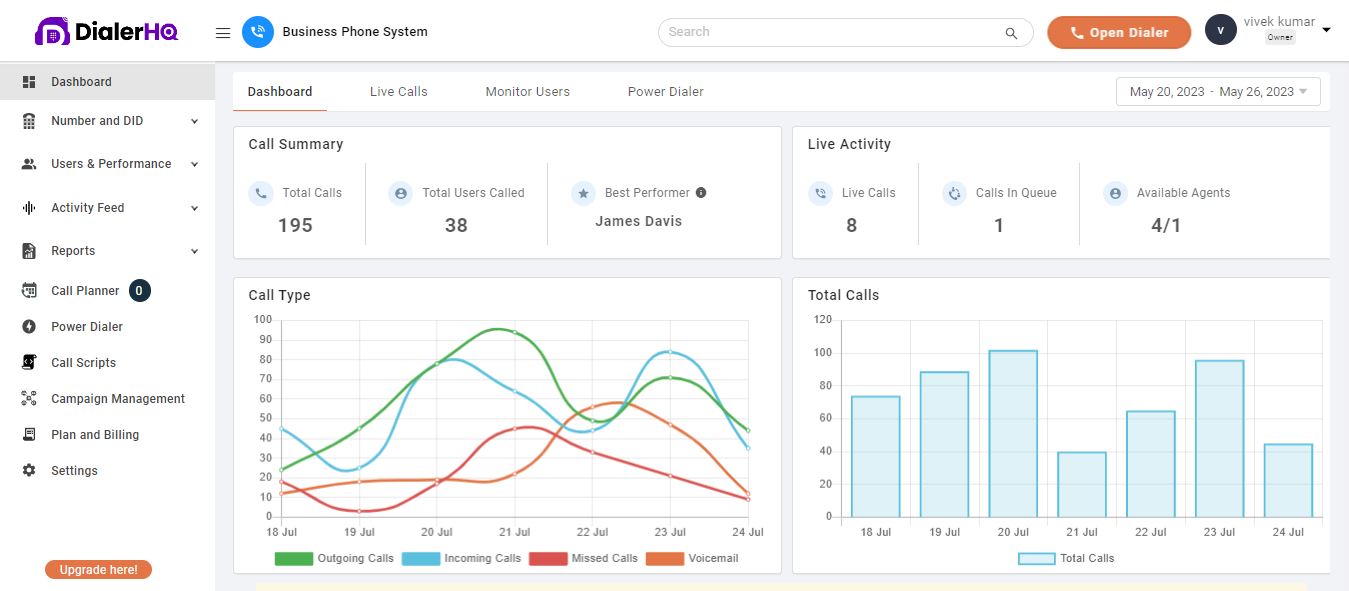
DialerHQ is a versatile & one of the top unified communication platforms designed for small to mid-sized businesses. It provides an integrated suite of communication tools, including VoIP calling, video conferencing, and team messaging. The platform is user-friendly and helps businesses streamline their communication and collaboration needs.
- VoIP calling
- Global connect
- Messaging
- Automatic call distribution
- Call forwarding
- Call analytics
- DialerHQ is a budget-friendly solution suitable for small businesses.
- Its intuitive interface ensures quick adoption by employees.
- The platform offers robust call analytics for monitoring and optimizing communication performance.
- Recording for documentation.
- Integration with productivity tools.
- May lack some advanced features present in larger unified communication platforms.
- It has limitations for very large enterprises requiring extensive scalability.
Pricing
As an enterprise-specific solution, DialerHQ caters exclusively to large teams or organizations. Connect with the DialerHQ sales team at [email protected] for personalized quotes, or start a free trial for first-hand experience.
2. CallHippo
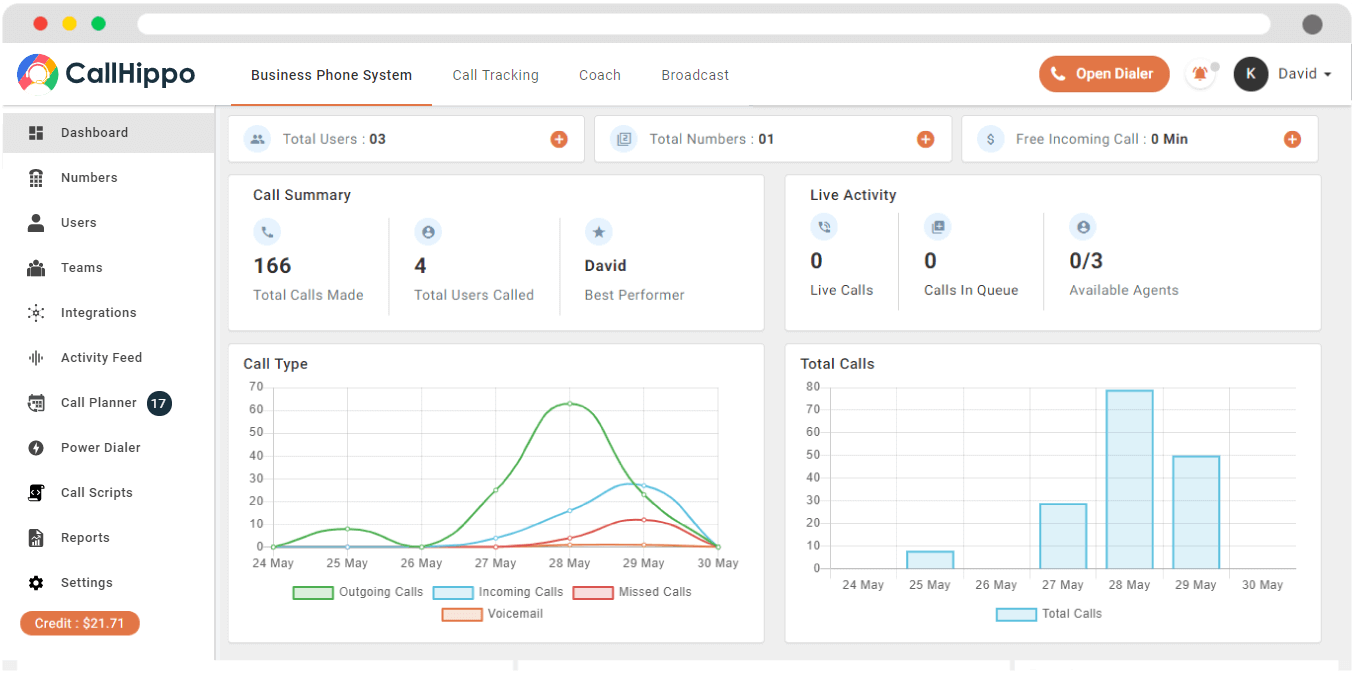
CallHippo is a cloud-based VoIP service that doubles as a unified communication platform. It primarily caters to small and medium-sized businesses, offering features like virtual phone numbers, call forwarding, and voicemail management. The platform aims to simplify communication management for businesses.
- Virtual phone numbers
- Call forwarding
- Voicemail
- Mobile and desktop apps
- CallHippo offers cost-effective pricing options suitable for small businesses.
- Its straightforward interface makes it accessible to users without extensive technical knowledge.
- The platform offers an extensive list of available virtual phone numbers.
- It may lack some advanced Unified Communications features offered by larger competitors.
- Video conferencing capabilities may be limited compared to comprehensive UC platforms.
Pricing
- Basic – $0
- Bronze – $16 per user per month
- Silver – $24 per user per month
- Platinum – $40 per user per month
3. Nextiva

Nextiva is a unified communication platform designed to serve businesses of all sizes. It offers a wide range of communication tools, including VoIP calling, video conferencing, team messaging, and CRM integration. Nextiva aims to provide a comprehensive solution for modern business communication needs.
- VoIP calling
- Video conferencing
- Call screening
- Conversational AI
- Team messaging
- CRM integration
- Nextiva provides a robust feature set suitable for various business communication needs.
- The platform is known for its excellent customer support and assistance.
- Nextiva is scalable and caters to both small businesses and enterprises.
- Pricing may be on the higher side for smaller businesses with limited budgets.
- Some users may find the platform's pricing tiers complex to navigate.
Pricing
- Essential – $18.95 per user per month
- Professional – $22.95 per user per month
- Enterprise – $32.95 per user per month
4. RingCentral

RingCentral is a well-established unified communication platform suitable for businesses of all sizes. It offers an extensive suite of communication and collaboration tools, including VoIP calling, video conferencing, messaging, and team collaboration. RingCentral is designed to be a one-stop solution for modern businesses.
- VoIP calling
- Video conferencing
- Voicemail
- Hot desking
- Voicemail to email
- Business SMS
- RingCentral provides a comprehensive feature set that caters to all communication needs.
- It can accommodate businesses of any size, making it suitable for growth.
- The platform offers a robust mobile app for on-the-go access to communication tools.
- Premium pricing may be prohibitive for small businesses with limited budgets.
- Some users may find the interface complex, requiring time for familiarization.
Pricing
- Core – $20 per user per month
- Advanced – $25 per user per month
- Ultra – $35 per user per month
5. 3CX
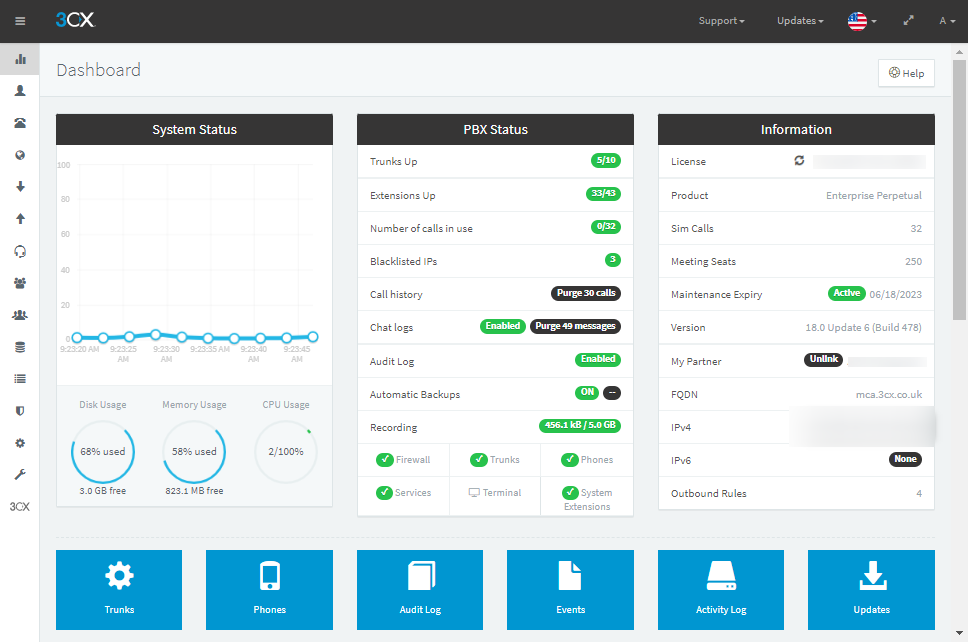
3CX is a unified communication platform designed for businesses seeking a flexible and scalable VoIP solution. It offers a software-based PBX system along with features like video conferencing, web chat, and mobile apps. 3CX aims to provide a versatile communication solution.
- Software-based PBX
- Video conferencing
- Multi-level IVR
- Call logging
- Call routing
- Web chat
- 3CX is flexible and scalable, suitable for businesses of various sizes.
- It offers cost-effective pricing options for businesses on a budget.
- 3CX is known for being relatively easy to set up and use.
- Premium pricing may be prohibitive for small businesses with limited budgets.
- Some users may find the interface complex, requiring time for familiarization.
Pricing
- Free – $0 free up to 10 users
- 3CX SMB – $175 per system
- 3CX Pro – $145 per system
- 3CX ENT – $180 per system
6. 8×8
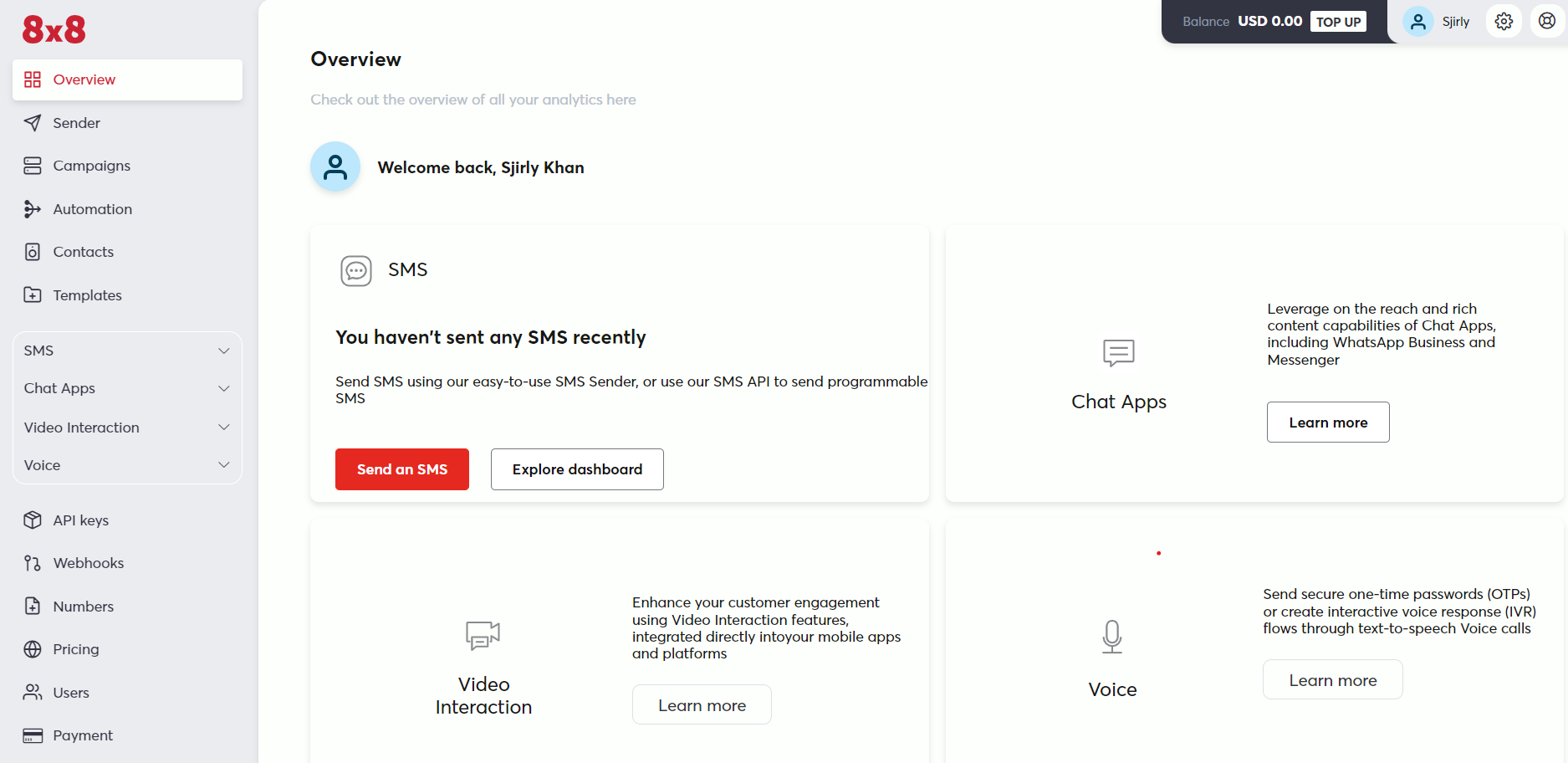
8X8 is a comprehensive unified communications software designed for businesses of all sizes. It offers a wide array of communication and collaboration tools, including VoIP calling, video conferencing, team messaging, and contact center solutions. 8×8 aims to provide a unified platform for seamless communication.
- VoIP calling
- Omnichannel routing
- Team chat
- Video conferencing
- Agent workspace
- Team messaging
- 8x8 provides an extensive feature set suitable for various business communication needs.
- The platform offers robust customer support and assistance.
- 8x8 is scalable, catering to both small businesses and enterprises.
- Pricing may be on the higher side for smaller businesses with limited budgets.
- Some users may find the dashboard complex to use.
Pricing
- Custom pricing
7. Mitel
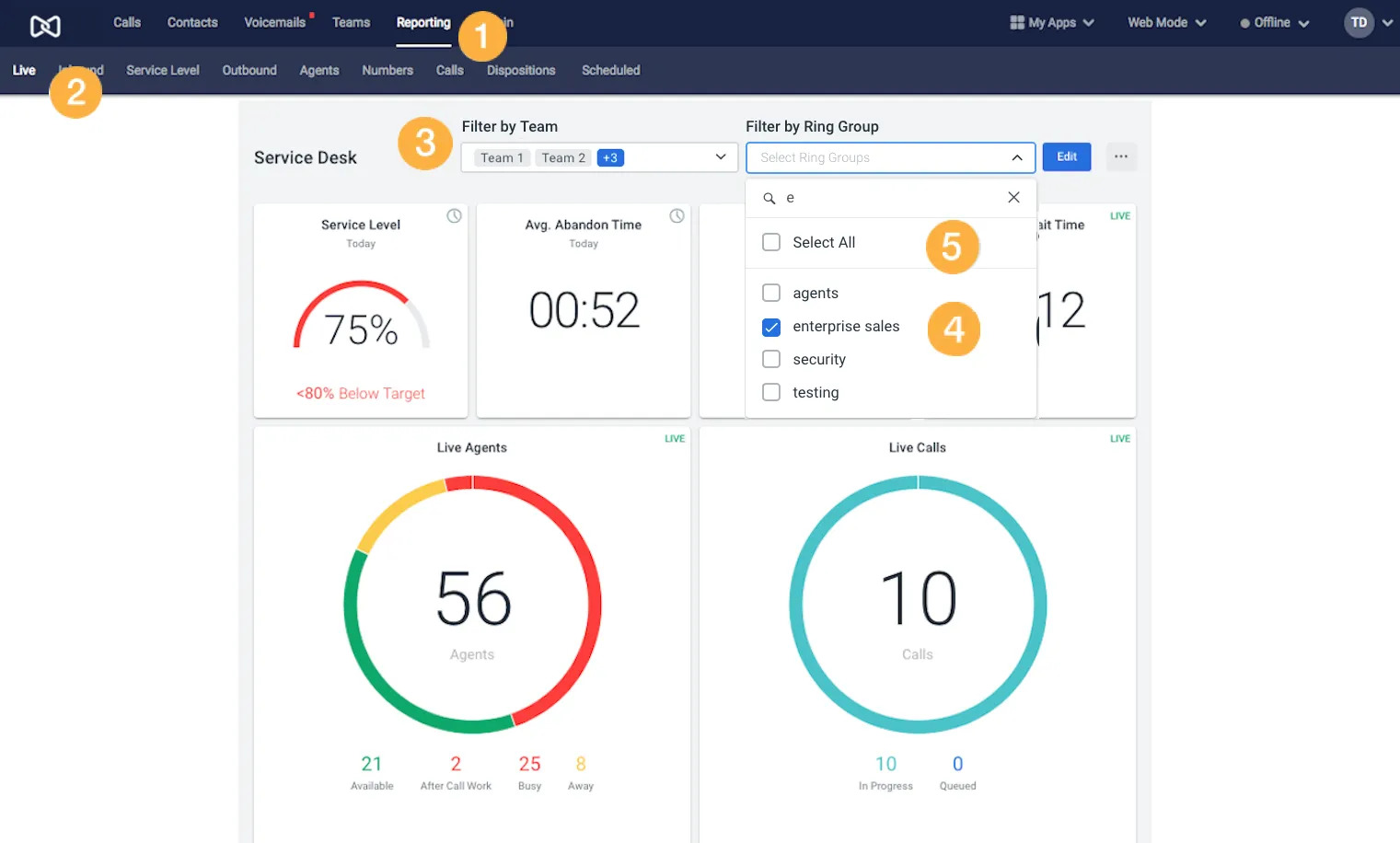
Mitel is a unified collaboration platform designed for businesses seeking a flexible and scalable communication solution. It offers VoIP calling, video conferencing, messaging, and collaboration tools. Mitel’s focus is on delivering reliable and efficient communication services.
- VoIP calling
- Call forwarding
- Active Call Distribution (ACD)
- Hot desking
- Team messaging
- Integration
- Mitel is known for its reliable voice communication services.
- It can accommodate businesses of different sizes, making it suitable for growth.
- Mitel offers seamless integration with third-party business applications.
- Pricing details may not be readily available and may require custom quotes.
- May have fewer advanced features compared to some larger competitors.
Pricing
- Custom pricing
8. Vonage
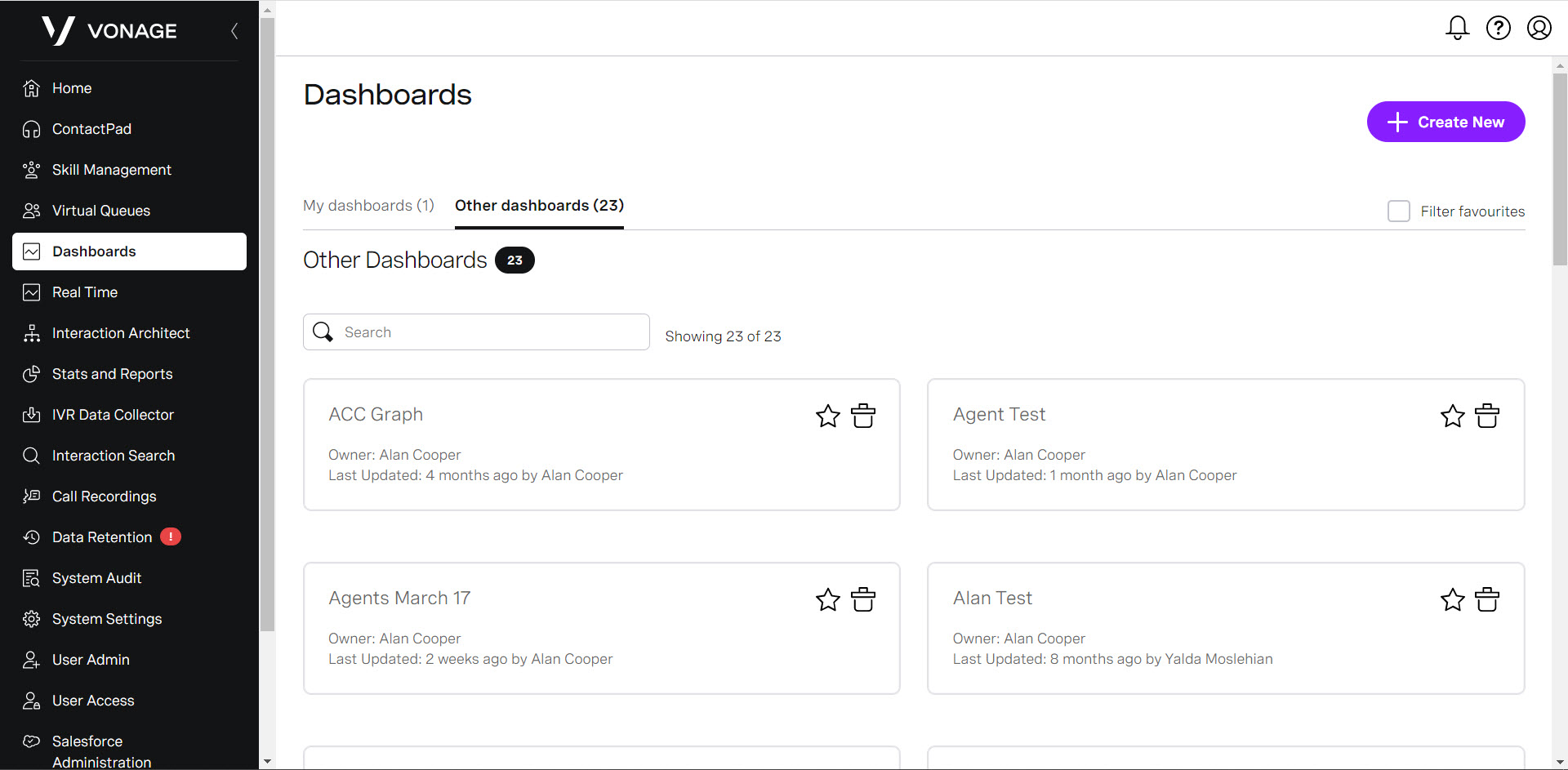
Vonage is a cloud-based unified communication platform offering VoIP calling, video conferencing, messaging, and collaboration tools. It caters to businesses of all sizes, aiming to provide flexible and efficient communication solutions.
- VoIP calling
- Call recording
- AI virtual assistant
- Text messages
- Multi-line business phone system
- Integration
- Vonage offers flexible plans suitable for different business needs.
- The platform is known for its user-friendly interface.
- Vonage provides mobile apps for convenient on-the-go communication.
- May have fewer advanced features compared to larger unified communication platforms.
- Some users may find Vonage's pricing slightly higher compared to competitors.
Pricing
- Custom pricing
9. Dialpad
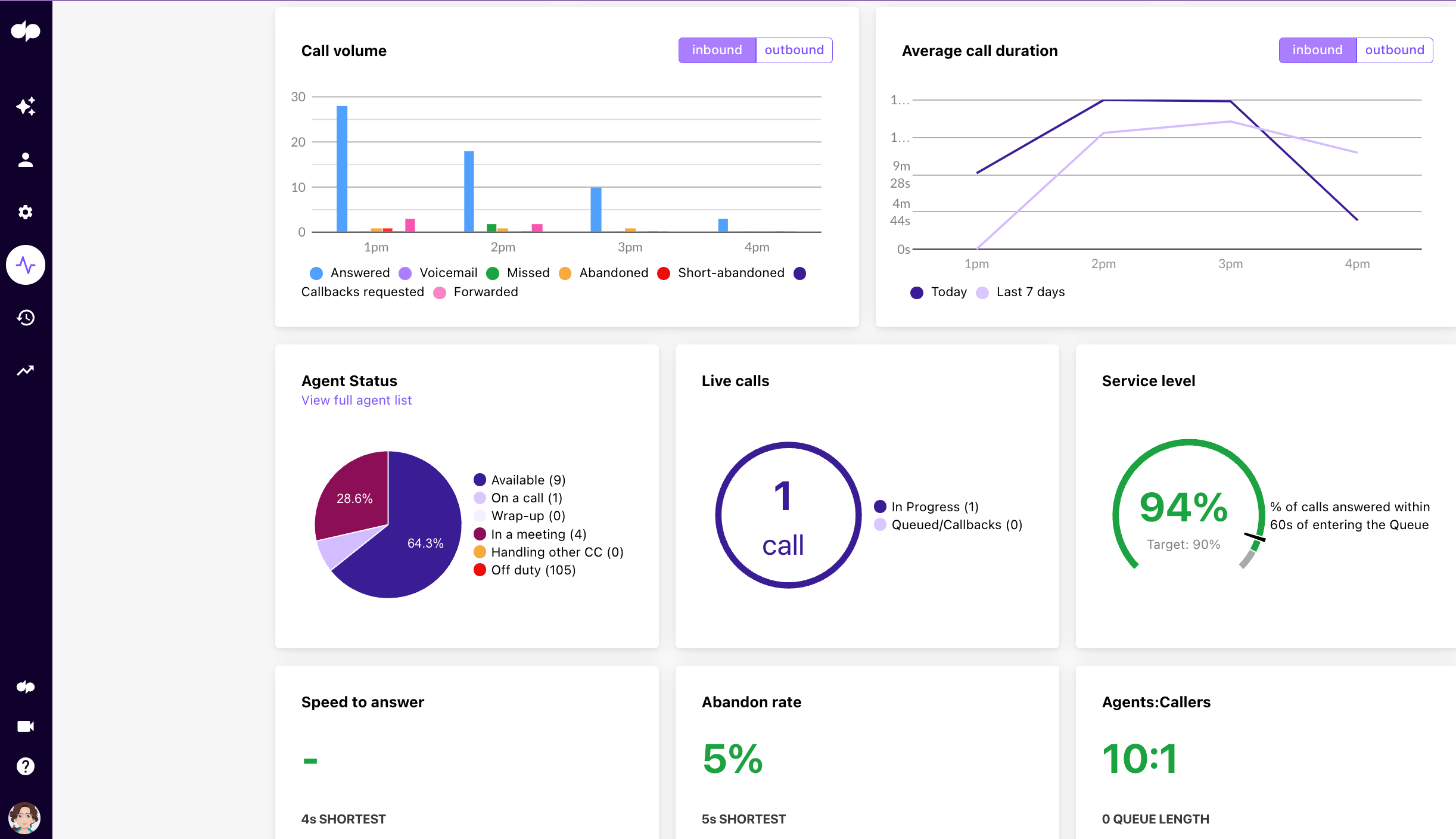
Dialpad is a unified communication platform designed to simplify business communications. It offers virtual calling, video conferencing, team messaging, and integrations with other business tools. Dialpad focuses on providing a modern and user-friendly communication experience.
- VoIP calling
- Call recording
- AI virtual assistant
- Text messages
- Multi-line business phone system
- Integration
- Dialpad is praised for its intuitive and user-friendly interface.
- The platform offers competitive pricing suitable for businesses of various sizes.
- Dialpad provides robust integration capabilities with popular business tools.
- May have fewer advanced features compared to larger competitors.
- Some larger enterprises may find it less suitable for extensive scalability.
Pricing
- Standard – $15 per user per month
- Pro – $25 per user per month
- Enterprise – custom pricing
10. GoToConnect
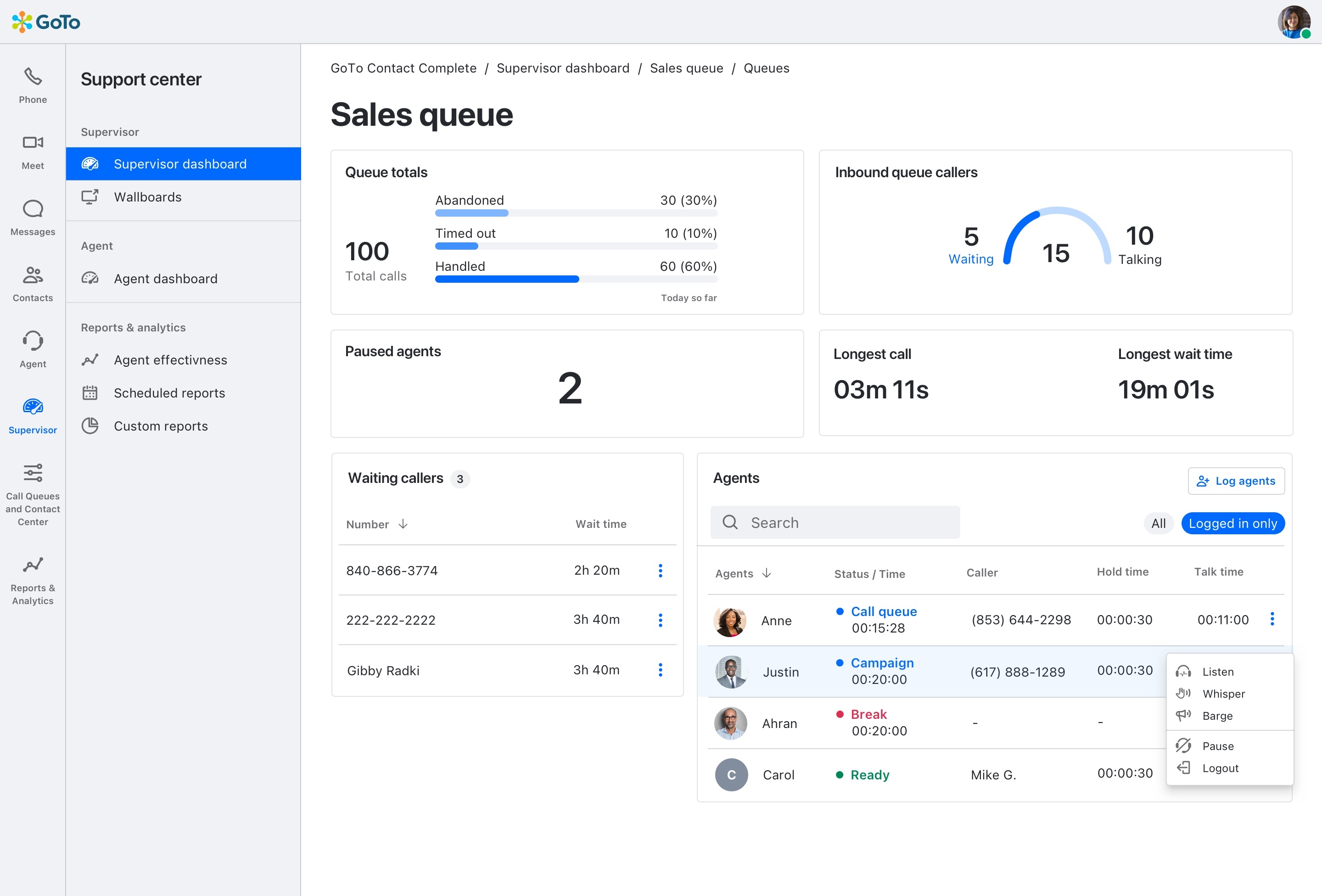
GoToConnect, formerly known as Jive, is a unified communication platform offering VoIP calling, video conferencing, messaging, and collaboration tools. It is designed to provide businesses with reliable and efficient communication solutions.
- Virtual voicemail
- Call forwarding and routing
- Call filtering
- Auto attendant
- Video conferencing
- Team messaging
- GoToConnect is known for its reliable voice communication services.
- The platform offers competitive pricing suitable for businesses of different sizes.
- GoToConnect.
- May have fewer advanced features compared to larger unified communication platforms.
- Some very large enterprises may find it less suitable for extensive scalability.
Pricing
- Basic – $27 per user per month
- Standard – $32 per user per month
Benefits of Unified Communication Platforms for Small Businesses
Small businesses can reap a multitude of benefits from adopting unified communication platforms. Below are the main advantages of implementing unified messaging platforms.

1. Cost Savings
Unified communication platforms offer substantial cost savings for small businesses in various ways. Firstly, these platforms consolidate multiple communication services into one, eliminating the need for separate providers and reducing administrative overhead.
Secondly, they can reduce hardware costs, as many UC solutions are cloud-based, sparing businesses from investing in expensive infrastructure. Additionally, the high-quality video and audio conferencing capabilities of UC platforms can significantly decrease travel expenses by allowing virtual face-to-face meetings, thereby reducing transportation and accommodation costs.
2. Enhanced Productivity
The productivity gains with unified communication platforms are remarkable. These platforms streamline communication by providing a single interface for all communication tools, reducing time wasted toggling between applications.
This seamless communication extends to remote work, as employees can access UC tools from various devices, promoting flexibility and productivity. Moreover, integrated chat and file-sharing features facilitate real-time collaboration, improving teamwork and accelerating project completion.
You May Also Read : Seamless Communication: VoIP Call Center Solutions
3. Flexibility and Mobility
Flexibility and mobility are paramount in today’s business landscape, and UC platforms deliver in this regard. They enable device independence, allowing employees to access communication tools on smartphones, tablets, or laptops, ensuring they remain connected, even while on the move.
This is particularly important for businesses embracing remote work, as UC solutions provide the same communication capabilities as traditional office settings, supporting a productive remote workforce.
4. Improved Customer Service
Unified communication platforms empower small businesses to offer superior customer service. Features like intelligent call routing ensure that customers are promptly connected to the right personnel, reducing wait times and enhancing customer satisfaction.
Additionally, voicemail-to-email functionality allows businesses to receive voicemails as emails, enabling faster response times to customer inquiries and concerns.
5. Scalability
For small businesses with growth ambitions, scalability is a critical advantage of UC platforms. These solutions are designed to easily accommodate additional users and features as a business expands, eliminating the need for disruptive migrations or costly system overhauls. This scalability ensures that the communication system can grow in tandem with the organization, supporting its evolving needs.
How to Choose the Right Unified Communication Platform for Your Business?
Selecting the right unified communication platform is a crucial decision for your small business. Here are some factors to consider when making your choice –

1. Business Needs Assessment
To make an informed choice, it’s essential to conduct a thorough assessment of your business’s communication needs. This involves evaluating your current communication tools and identifying any limitations they may have.
Additionally, anticipate future growth by considering your business’s growth projections, ensuring that the chosen UC platform can scale accordingly to support your evolving requirements.
2. Features and Integration
The right UC platform should align with your business objectives and operational processes. Identify essential features such as VoIP, video conferencing, chat, and email integration that are crucial for your day-to-day operations.
Furthermore, assess the platform’s integration capabilities to ensure it can seamlessly connect with other business applications and systems, enhancing overall efficiency and workflow integration.
You May Also Read : 10 Best VoIP Apps for Businesses
3. Scalability
Scalability isn’t just about accommodating future growth; it’s also about managing costs effectively. Look for a UC platform that allows you to add or remove users and features easily. This flexibility ensures that your communication system can adapt to your business’s changing needs without incurring substantial expenses or causing disruption to your operations. A platform that can scale seamlessly ensures long-term cost-efficiency.
4. Ease of Use
User-friendliness is vital to ensure that your team can adopt and utilize the UC platform effectively. Evaluate the platform’s interface during the selection process. The more intuitive and straightforward the interface, the quicker your employees can become proficient in using the system. An easy-to-navigate platform can minimize the learning curve and maximize user adoption, leading to faster realization of benefits.
Conclusion
The selection of the ideal unified communication platform empowers businesses to communicate seamlessly, collaborate efficiently, and adapt to changing business landscapes, positioning them for growth, success, and enhanced connectivity with employees and customers alike. In today’s interconnected world, these platforms are not just tools; they are enablers of innovation and productivity for businesses of all sizes.
Frequently Asked Questions
Unified communication integrates various communication tools, such as voice, video, messaging, and collaboration, into a single platform, allowing seamless communication. Unlike traditional tools, it provides a unified user experience and supports multiple channels within one system.
Yes, unified communication and collaboration platforms are ideal for remote collaboration. They offer features like video conferencing, chat, and document sharing, enabling remote team members to work together effectively, regardless of their location.
The cost varies depending on the platform, features, and the size of your organization. Some platforms offer affordable plans for small businesses, while larger enterprises may require more comprehensive solutions. Pricing typically includes subscription fees, hardware costs, and potential setup fees.
Yes, most unified communication platforms support international audio and video calling through VoIP (Voice over Internet Protocol). This often results in cost-effective international calling rates compared to traditional phone systems.
Unified communication providers prioritize data privacy and compliance. They implement security measures like encryption and access controls to protect user data. Additionally, many platforms adhere to industry-specific regulations and offer features to help businesses meet compliance requirements, such as HIPAA or GDPR.
Rohit Rajpal simplifies intricate technical ideas into practical insights through his articles and publications. His journey in VoIP and cloud telephony reflects a profound grasp of the evolving landscape, a flair for innovation, and a dedication to creating user-friendly blogs. Rohit’s broad expertise encompasses VoIP protocols, codecs, and cloud-based telephony systems, ensuring accessible knowledge for all.
Updated : March 28, 2024

Subscribe to our newsletter & never miss our latest news and promotions.





